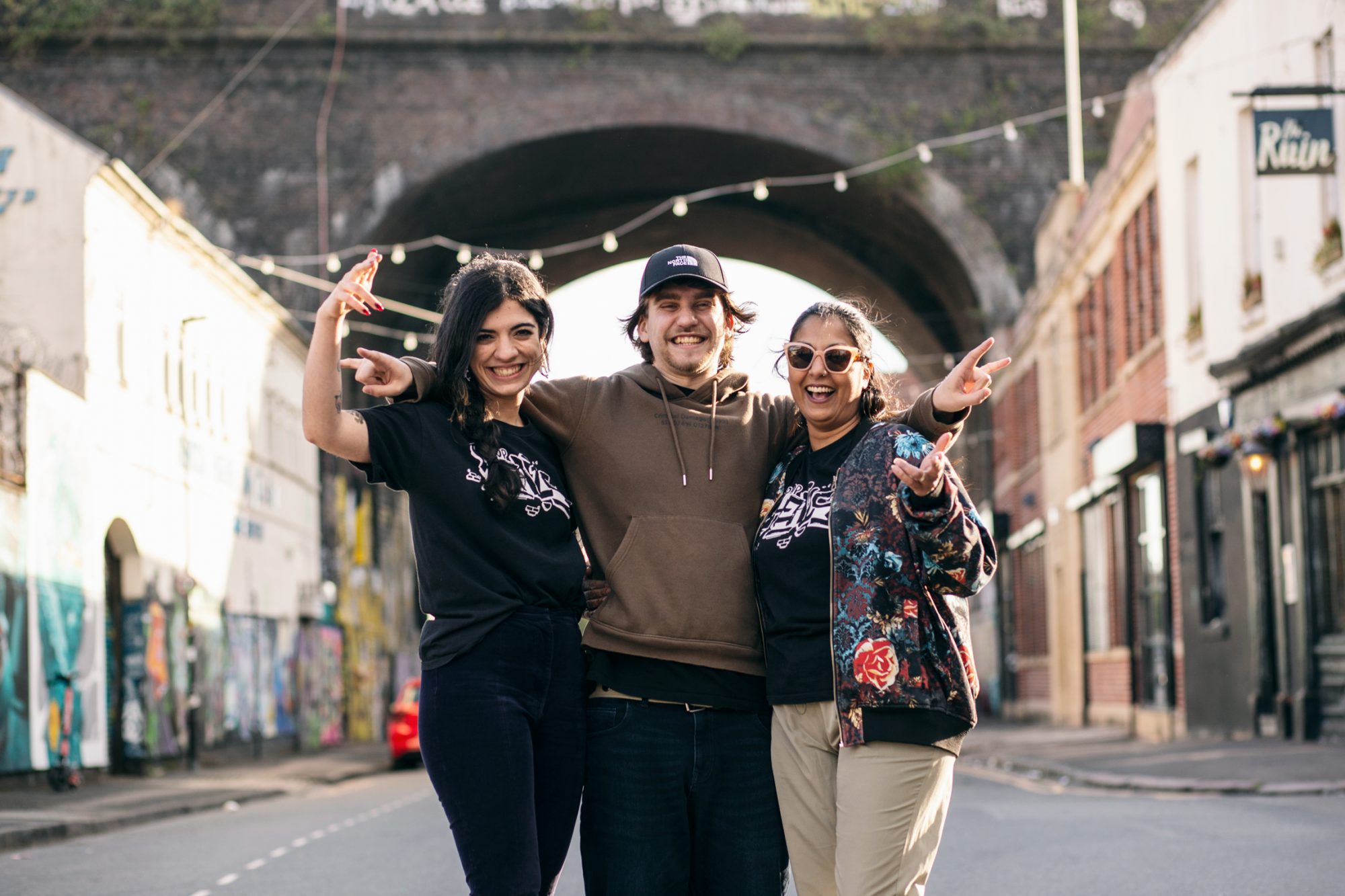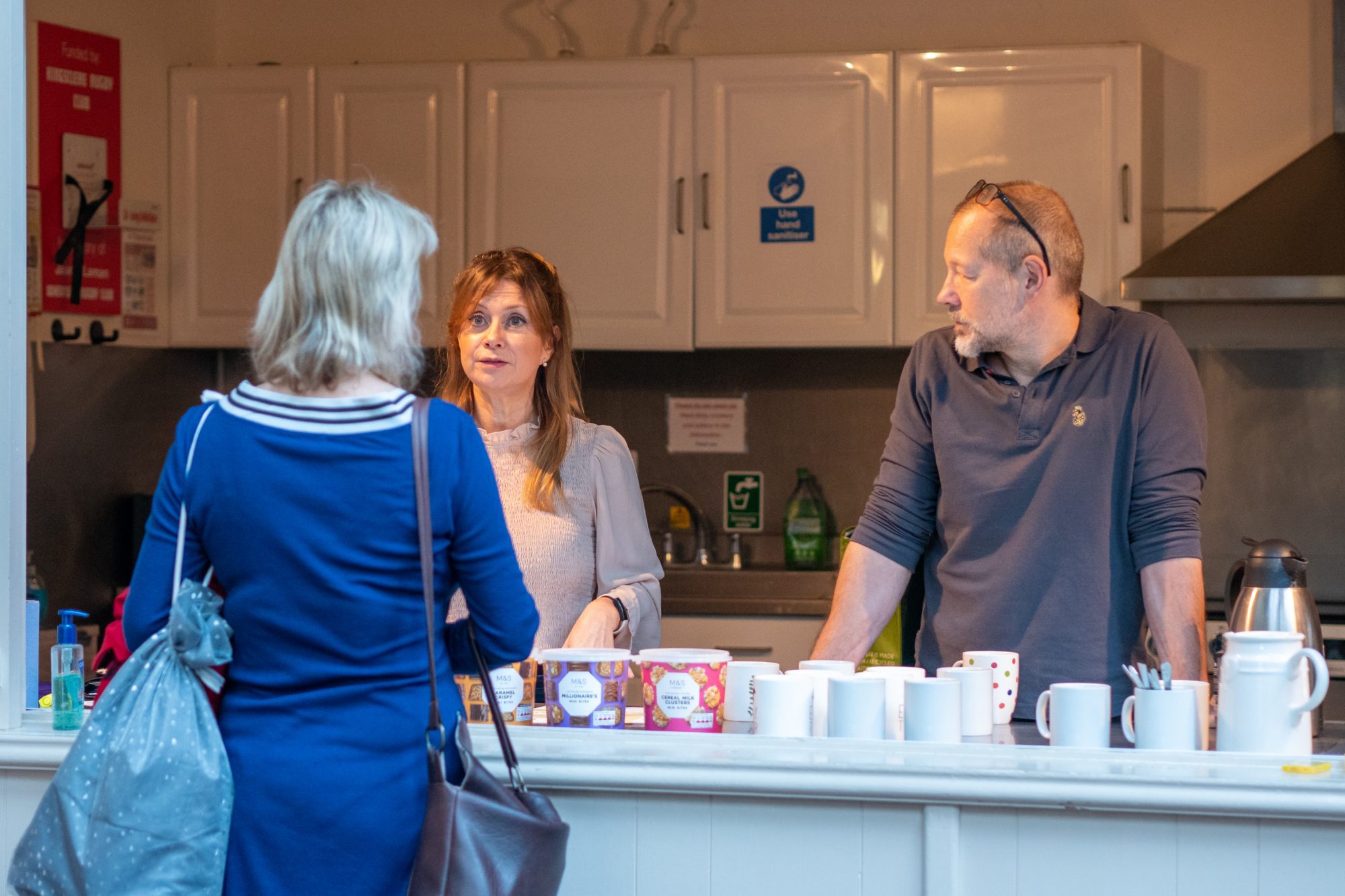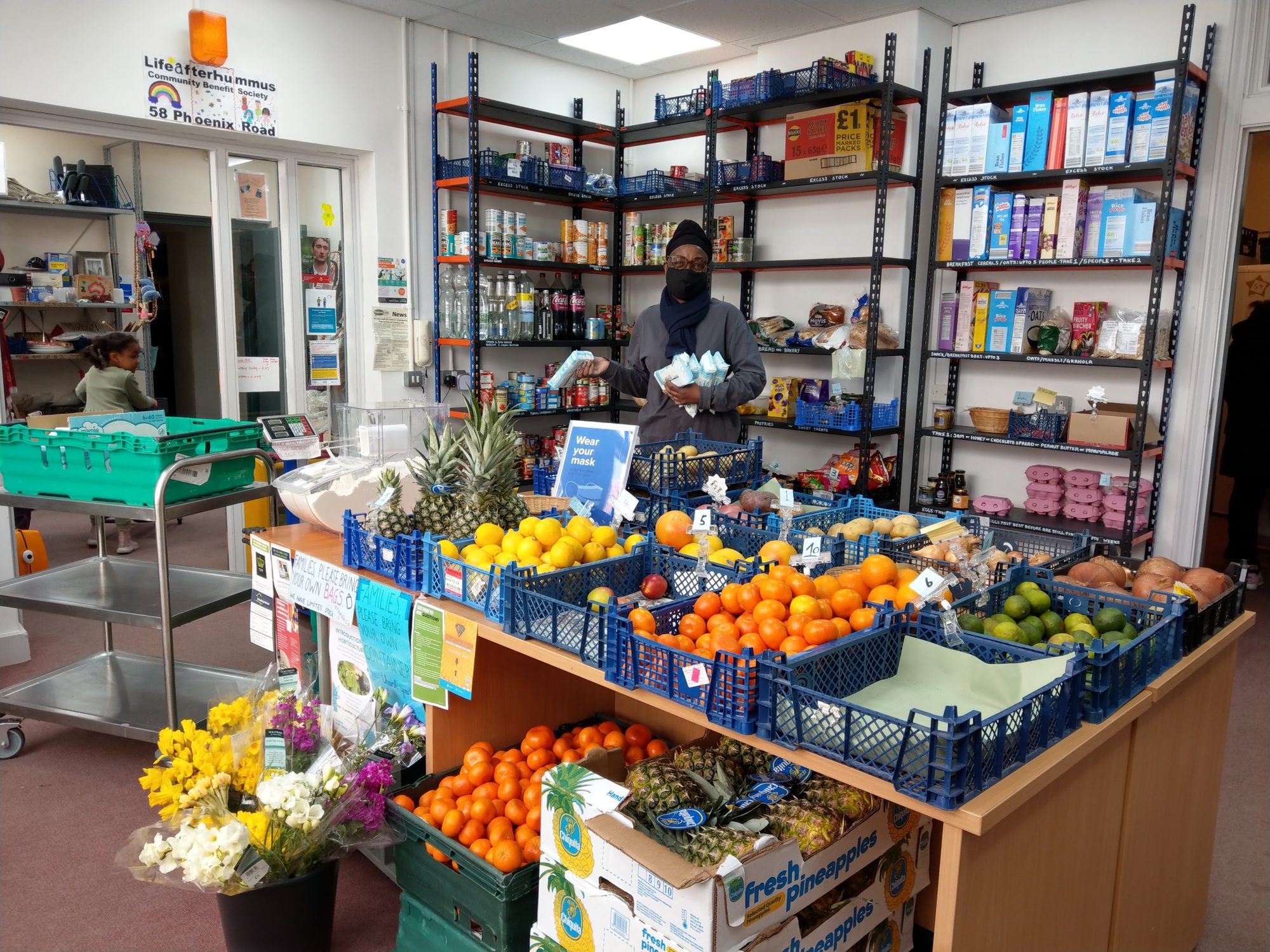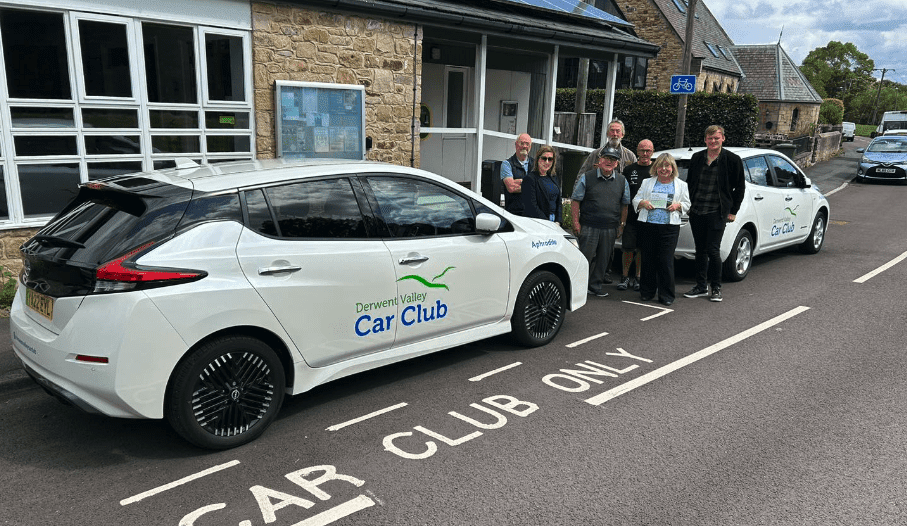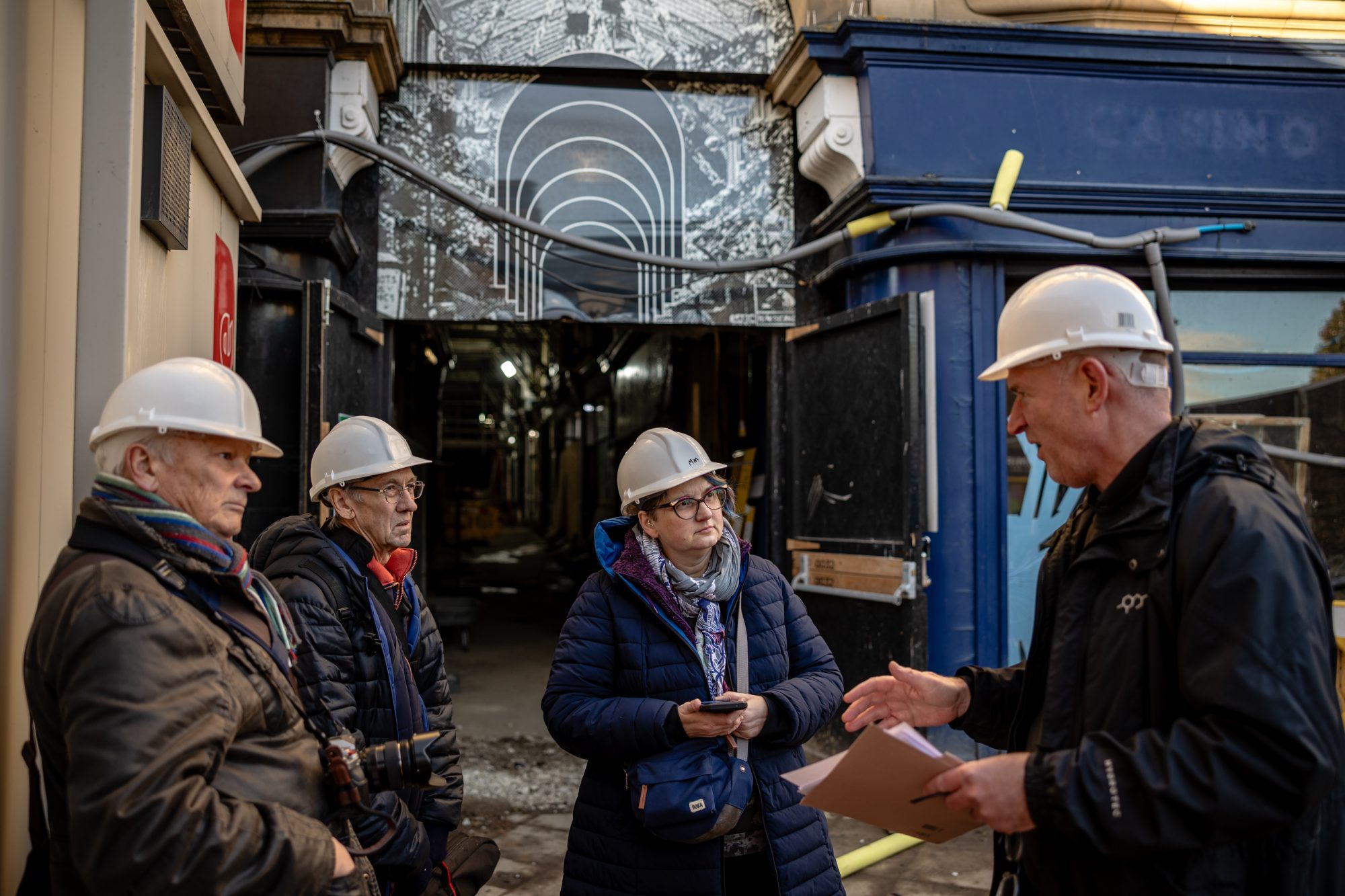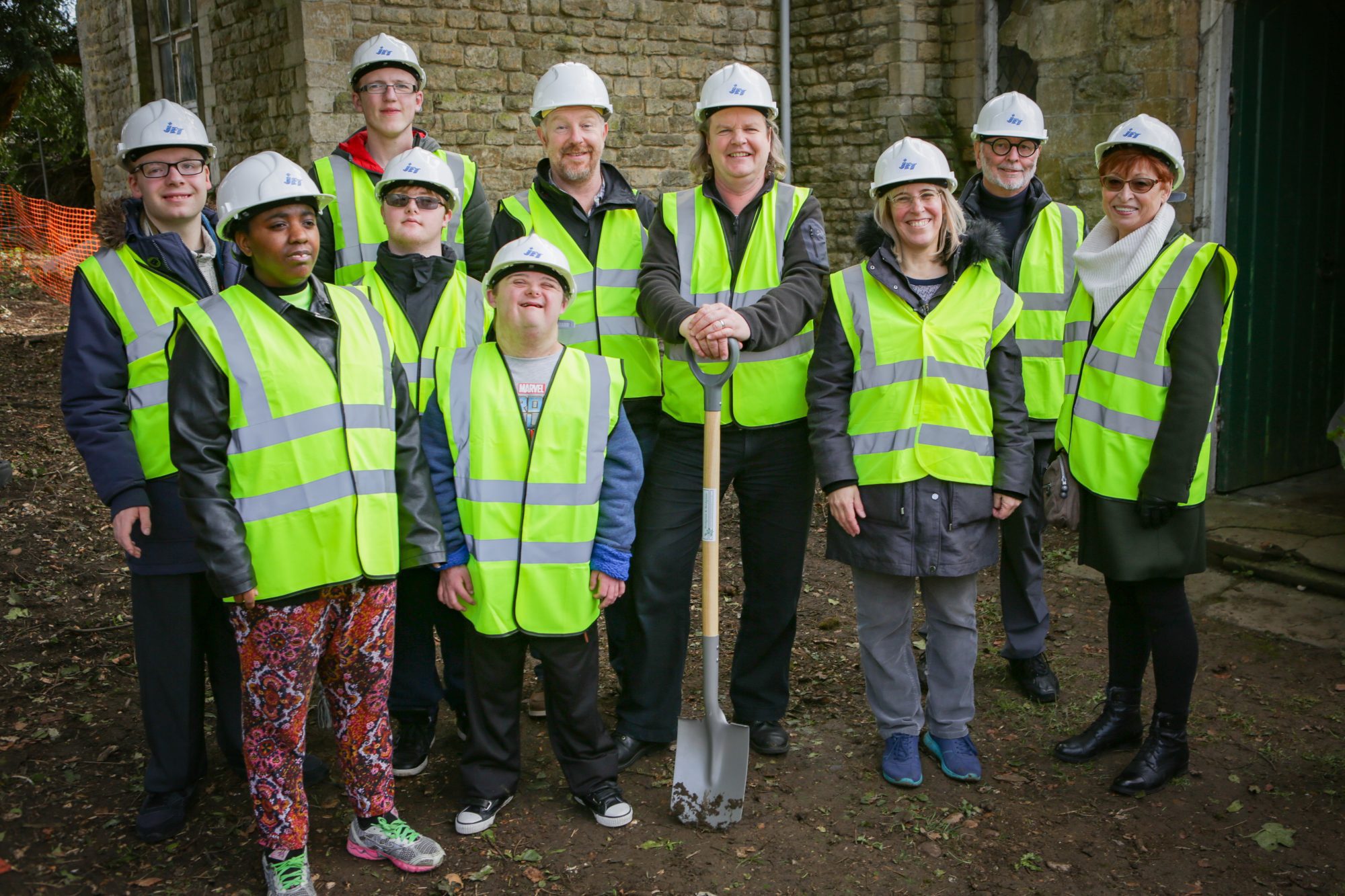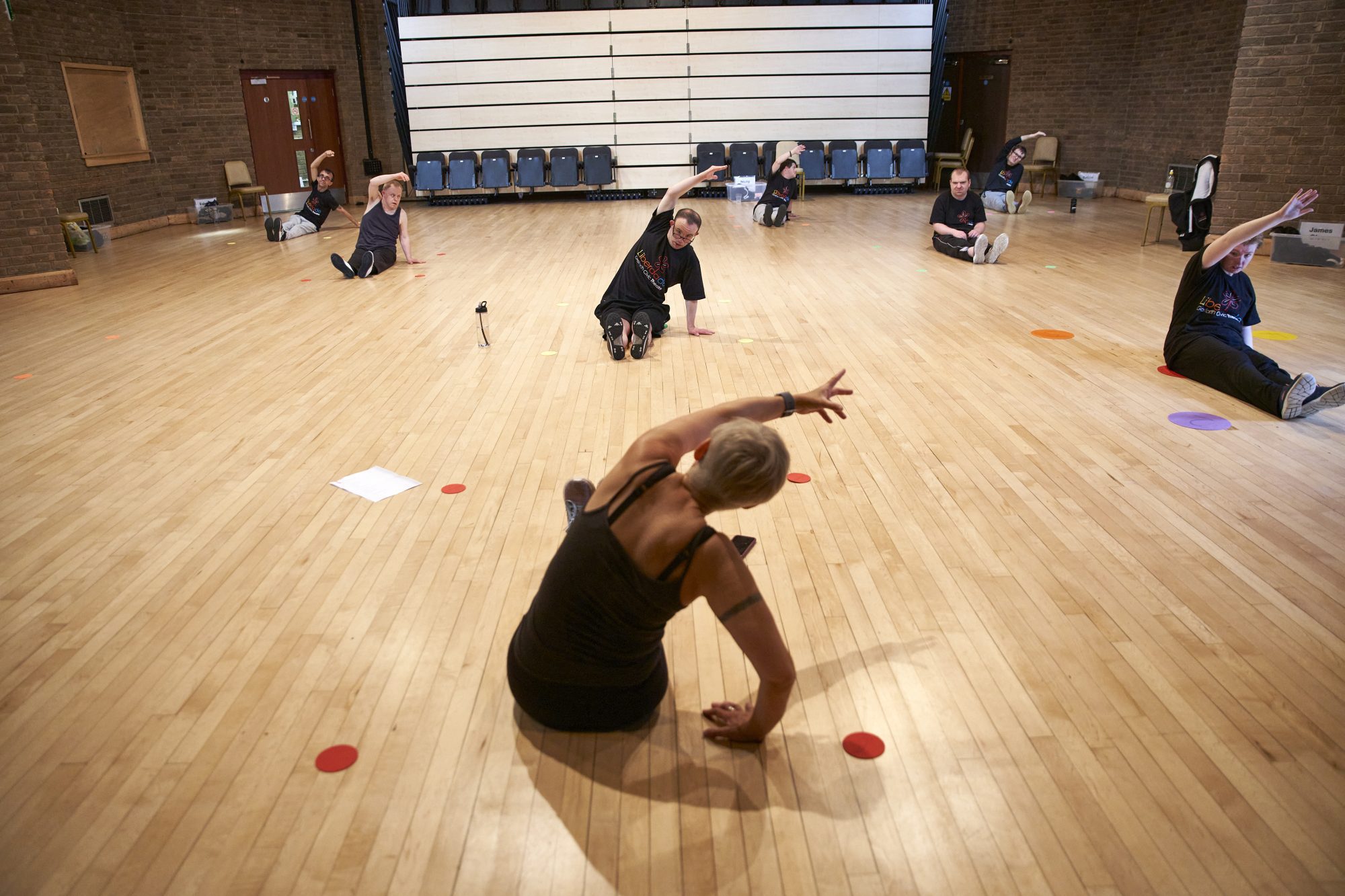Working as a teacher, while also doing community arts and outreach work, Kiz Bangerh realised that traditional educational structures were not working for her. “I was like, this is not for me,” she says. “The way I want to work with people doesn’t fit in there.”
Around this time, she was also working through some stuff personally. “I had a couple of bereavements in my family so I started to use therapeutic writing as a tool for myself,” she says. “I kept doing my own thing trying to explore if we could process grief through creativity.” This led to further exploration in the field. “I already had an MA in Literature and decided to do an MSc in Creative Writing for Therapeutic Purposes to share what I’d learnt about self-healing through creativity.”
Then the discovery of hip hop therapy in America set Bangerh on another new path. Innovated by the late Dr. Edgar H. Tyson, the original model is defined as: “Hip hop therapy refers to the purposeful use of hip hop culture in a therapeutic relationship, and it operates in the context of a co-constructed treatment plan with specific goals and measurable outcomes.”
Bangerh saw how this could be applied in the UK. “I thought about how in this country men and young people are being wiped out by suicide, not disease,” she says. “The biggest killer for men and young people is suicide and, unfortunately, we have some family history of that as well. So all of these things were very personal to me.”
She attended Lloyds bank School for Social Entrepreneurs and then set up Hip Hop Heals, which she describes as “a mental health project that tackles mental health inequalities in disadvantaged groups, particularly minoritised ethnicities, young people and men. We deliver poetry therapy-style workshops in schools, probation centres, mental health units and homeless hostels.” Some of this community work has been done in partnership with Birmingham Centre for Arts Therapies.
One such person living in a hostel that came across a flyer was Reece Lones. He was an aspiring lyricist who was looking to explore some personal trauma via words but also wanted to try and work them into a rap. “I told Kiz what I wanted to do and she brought everything for me and helped me,” he says. “This gave me a proper chance to try it out and I loved it. It helped boost my confidence. When it came to writing I knew I was good at that but when it comes to spitting it that was a different story. Those sessions helped me so much, in ways I didn’t even think were possible. I thought writing was my talent but now through doing that, I’ve realised I’ve got a bit of both in me.”
Covid stalled momentum but Bangerh decided to keep on moving, designing resource packs for people to use at home, as well as launching a podcast series featuring MCs, rappers, social entrepreneurs, therapists, activists, artists and poets. Series two is on the way, as is something that Bangerh says is a world first. “I am going to be running the world’s first trauma informed hip hop course online,” she says. “It’s going to be aimed at minority ethnic people to tackle the inequalities with mental health to bring them into the arts and health world.” The Hip Hop Heals Training Academy will launch in 2022.
By being something of a pioneer in the field, this academy will help Bangerh share some of her knowledge and insights into creative therapy work. “I have no workforce in the UK because there’s very few people who know how to deliver therapeutic writing,” she says. “So I’ve got no one to employ to do workshops for me. So what I’ll be doing is inviting people onto this course to undergo three phases. Phase one is six training modules. Phase two: we pay them to do a work experience in their community. Phase three: those people who’ve done their training and work experience will then hopefully be able to run workshops that they can deliver out in the community.”
It’s been a deeply personal journey for Bangerh. “It was a personal passion project but now we’ve got a full on company and social enterprise status as a CIC,” she says. “I’ve seen personally how this works and I’m dedicated to bridging that gap between hip hop and therapy.”
